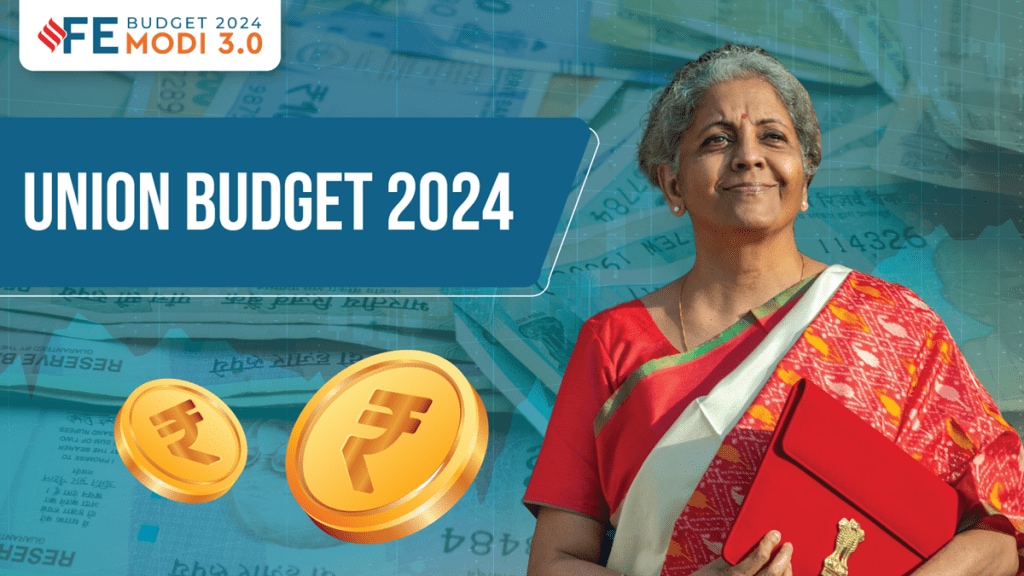Budget 2024: Easing ways for MSMEs to access formal credit was among the key themes in the budget on Tuesday by Finance Minister Nirmala Sitharaman. From easing the purchase of machinery to enabling a new credit assessment model, avoiding MSME slippages into the NPA category, more liquidity in the invoice discounting model, direct credit to MSME clusters and more, the budget has aimed at strengthening the credit ecosystem for MSMEs in the country.
However, Sitharaman skipped making any changes to the revised 45-day payment rule introduced in April this year by introducing clause h in Section 43B of the Income Tax Act to address the issue of delayed payment for MSMEs. A section of MSMEs, traders and exporters had urged the government to repeal the revised rule or make additional changes such as increasing the credit period to 90 days or more from the current 45 days.
Nonetheless, here are the 8 announcements made by Sitharaman to boost capital infusion and more for MSMEs in this year’s full budget:
Rs 100 crore Credit Guarantee Scheme
First in the measures to boost credit access for MSMEs announced by Sitharaman was Rs 100 crore credit guarantee scheme specifically for units in the manufacturing sector. The scheme will enable term loans for MSMEs to buy machinery and equipment without collateral or third-party guarantee. However, the borrower will have to provide an upfront guarantee fee and an annual guarantee fee on the reducing loan balance.
Assessing MSMEs based on digital footprints
Moving away from the traditional method of underwriting MSME loans based on asset or turnover, Sitharaman said public sector banks will lead the development of an assessment model based on the digital footprint of MSMEs to also cover MSMEs without a formal accounting system. Further, public sector banks will strengthen their in-house system for assessing the creditworthiness of MSMEs instead of depending on external assessment.
Credit Support for MSMEs under ‘stress’
The finance minister said for MSMEs loan accounts under stress or Special Mention Account (SMA) category, credit will be provided through a guarantee from a government-promoted fund. This would help stressed MSMEs continue their business operations and avoid getting into the NPA category.
Double Mudra loan limit
To support micro enterprises, Sitharaman announced increasing the credit limit under the Mudra scheme to Rs 20 lakh from Rs 10 lakh. However, this is not for new borrowers. Units that have availed Mudra credit earlier under the ‘Tarun’ category and repaid it would be eligible. Currently, borrowers raising loans up to Rs 50,000 are categorised as ‘Shishu’ while those borrowing up to Rs 5 lakh are termed as ‘Kishore’. Borrowers raising loans up to Rs 10 lakh are categorised as ‘Tarun’.
More liquidity for MSMEs on TReDS
To boost further liquidity for MSMEs looking for quick access to working capital, Sitharaman reduced turnover criteria to Rs 250 crore from Rs 500 crore for buyers to get on the RBI’s invoice discounting platform TReDS. The minister said this would lead to the onboarding of 22 more central public sector enterprises (CPSEs) and 7,000 more companies on TReDS. Moreover, Sitharaman announced that medium enterprises (with turnover between Rs 50 crore and Rs 250 crore) will also be included in the scope of the suppliers.
Credit support for MSME clusters
To support MSME clusters, Sitharaman announced that SIDBI, the principal financial institution for MSMEs in the country, will set up new branches to serve all major MSME clusters within three years and enable direct credit to them.
“With the opening of 24 such branches this year, the service coverage will expand to 168 out of 242 major clusters,” the minister said.
Support for e-commerce exports
To support MSMEs and traditional artisans in selling their goods in international markets, Sitharaman announced that E-Commerce Export Hubs will be launched in public-private-partnership (PPP) mode.
Credit support for food irradiation MSME units
The finance minister also announced credit support for setting up 50 multi-product food irradiation MSME units along with facilitating the setting up of 100 food quality and safety testing labs with NABL accreditation. Irradiation essentially involves exposing food items to controlled radiation to kill biomolecules of insects, parasites and microorganisms.


